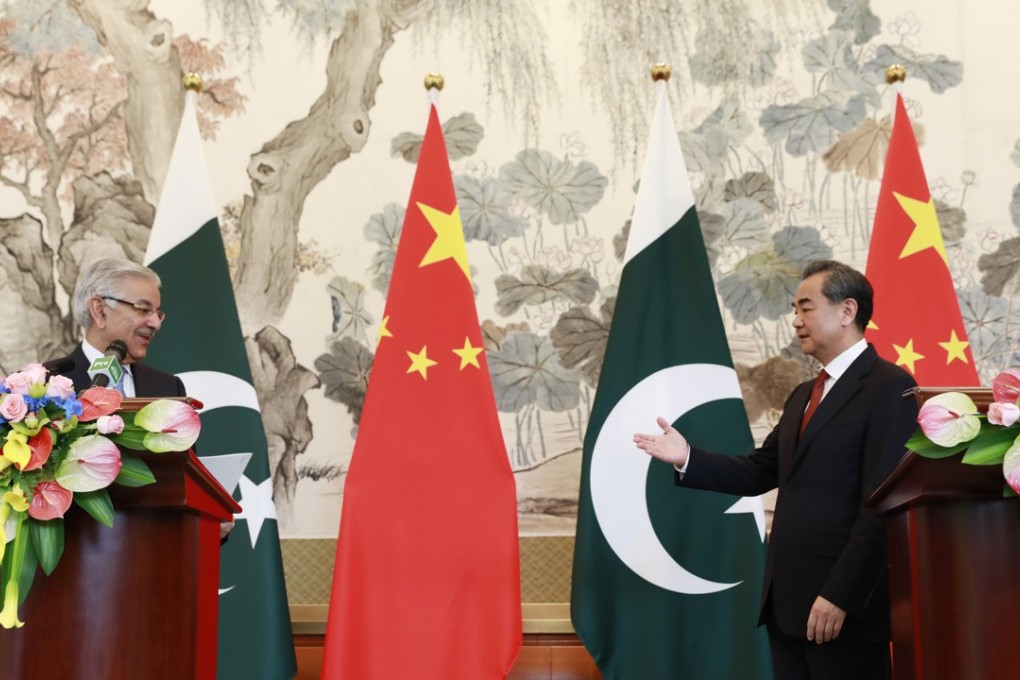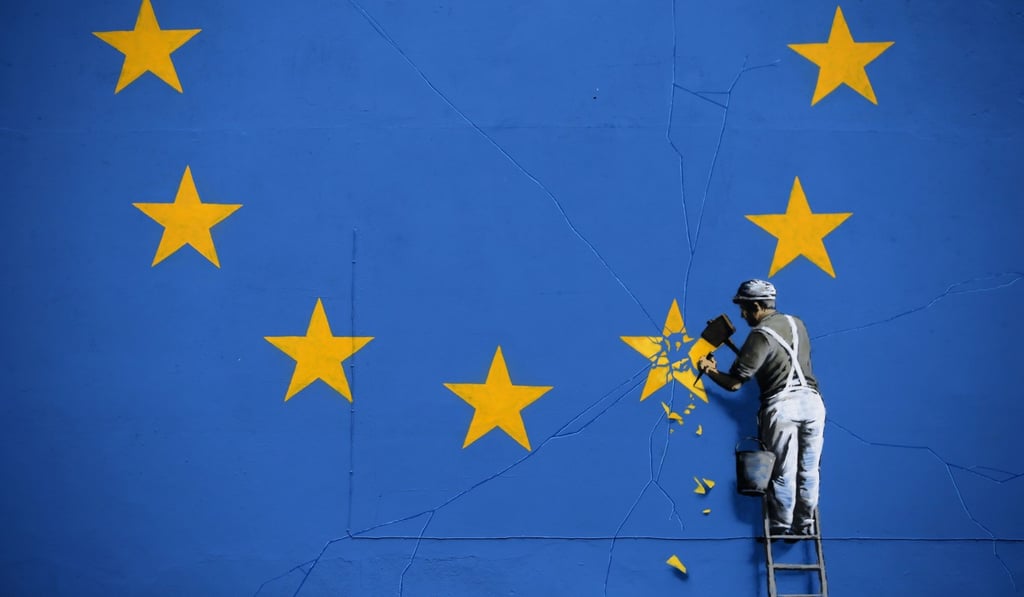Abacus | There’s an imperial elephant in the room: China
Apologists for imperialism and its critics are too busy bickering over their interpretations of history – and a controversial paper by a former Hong Kong journalist – to notice what’s going on right now

There’s nothing like a full-blown academic controversy to expose the blinkered self-absorption of much contemporary scholarly debate.
In September, former Hong Kong-based journalist Bruce Gilley, now an associate professor of political science at Portland State University in Oregon, dared to publish a paper in a peer-reviewed journal suggesting that Western colonialism may not always and everywhere have been an entirely bad thing, and that its history may hold important lessons for developing countries today.
The firestorm of criticism was excoriating. Gilley was accused of everything from historical revisionism to Trumpism. He was charged with violating the principles of free speech and with “further brutalising those who have suffered under colonialism”.
Why bitcoin fever is a bubble waiting to burst
One rebuttal began simply: “A white racist scholar … has published an article with the title The Case For Colonialism.” It went on to equate Gilley’s essay with Nazism and genocide.
Half the journal’s editorial board resigned in protest and the editor retracted the paper after receiving “serious and credible threats of personal violence”.
It is fair to say that Gilley’s article is deeply flawed. But so are those advanced by even the more sober-minded of his critics. And both are equally guilty of ignoring the topic that should be at the centre of any contemporary debate about imperialism.

